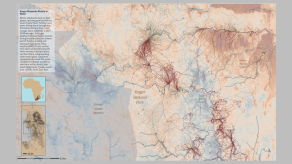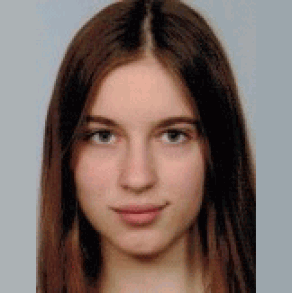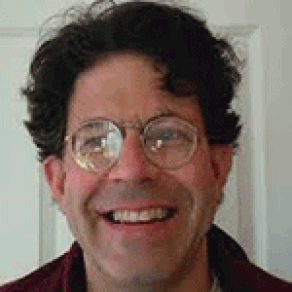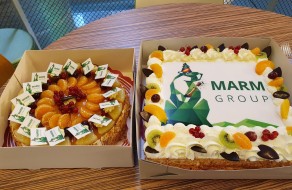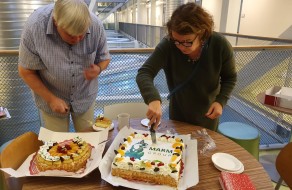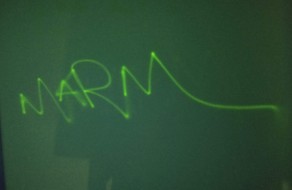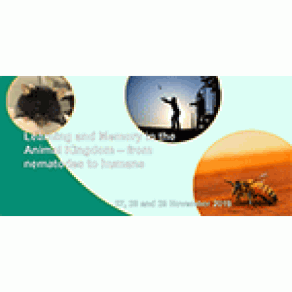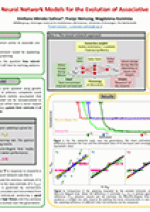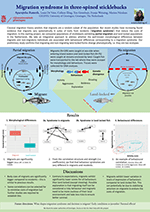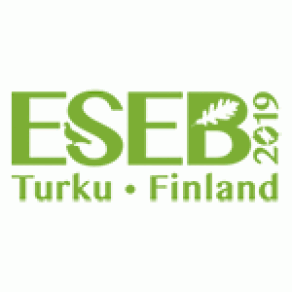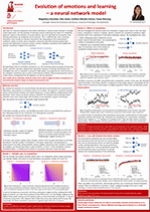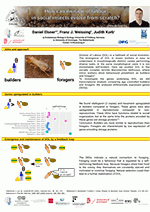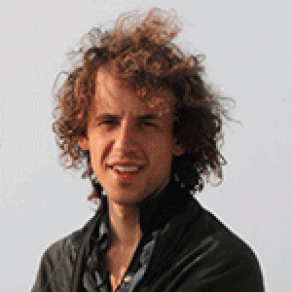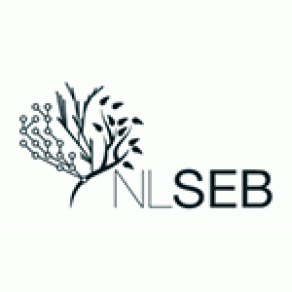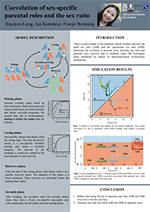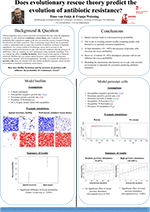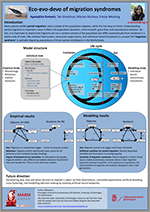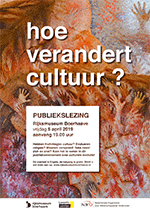The map presents the movement of 14 savanna elephants Loxodonta africana tagged in Kruger National Park, South Africa. Pratik’s story about the data and the map creation can be found here.
Code is available at Github: source code, figure source.
In the afternoon, he gave a lecture entitled Modelling in biology – Past? Present? Future?, in which he highlighted the Dutch contribution to the development of theoretical biology. We concluded the day with a lively discussion on the philosophy of model building in ecology and evolution which continued up to dinner in ‘Da Carlo’.
In the morning, during a scientific outreach session Franjo gave a general overview of our research interests and approach; and eight members of our group presented short introductions to their projects and showed some first results. This session was meant for the general public, with as special guests our office manager Ingeborg Jansen, Rense Buijvoets from Sensu and a composer Reiko Yamada.
In the afternoon, Reiko told us about her projects in which she uses inspiration from science in research to make sound installations, compose shorter or longer pieces or in other way engage with audience. Check out previous projects on her website! We look forward to having her among us next year. Afterwards we visited the exhibition “Presence” in the Groninger Museum: an interactive artwork that released our own creative spirits in a play with light and shade.
We also presented our work:
Magdalena Kozielska and Elles Jetten gave a talk A neural network modelling approach to the evolution of emotions and learning
Franjo gave a talk: Regulatory networks link phenotypic plasticity to evolvability. His talk can be watched at the conference website.
Boris gave a talk: Long live the queen: eusociality and the evolutionary theory of aging.
The ESEB congress was as always intensive, with many talks from different evolutionary biology areas. Evolution of adaptation seemed to be one of the more popular topics covered among others by sessions Rapid evolutionary adaptations: potential and constraints; and Genetics and genomics of adaptations. Two sessions were devoted to theoretical work: Mathematical models in evolutionary biology; and Evolutionary game theory: modern development and interdisciplinary adaptations. Theoretical talks in other sessions were rather scarce.
Many of the talks can be watched at the congress website. Many of the posters have been archived at Figshare, just search for Evol2019 or ESEB2019.
Public good dilemmas in the evolution of antibiotic resistance
Taking animal decisions seriously: the roles of culture and experience in the ecology and evolution of migratory behaviour by barnacle geese
Abstract: Arctic breeding birds are facing strong ecological changes along their migration routes, which requires them to adjust their strategies. What are the inheritance mechanisms of migratory behaviour, and how do they help or constrain species in changing it? Barnacle geese breeding on Spitsbergen face changes in food phenology along their staging sites. More than forty years of observations in the UK, along the Norwegian coast and on Spitsbergen show a clear response in migratory behaviour. We designed individual-based models to simulate different potential ways in which geese might develop and adjust their migratory behaviour. Using Approximate Bayesian Computation methods, we compared the resulting simulations with the actual patterns that emerge from bird counts and mark-recapture analysis of ring readings. The results suggest that group-decisions are crucial to explain the observed behavioural changes, and that older individuals lead groups, informing their decision by individual experiences. Young geese change strategy more often than older geese. This does not seem to result from a higher tendency to explore, but from a stronger tendency to switch between groups. In other words, it looks like barnacle geese have an advanced cultural system that allows them to respond to trends in environmental conditions spanning several generations.
We also had interesting discussions about other aspects of animal culture, learning, migratory behaviour and ecology and evolutionary biology.
Xiaoyan Long “Coevolution of sex-specific parental roles and the sex ratio”
Timo van Eldijk “Does evolutionary rescue theory predict evolution of antibiotic resistance?”
Apu Ramesh “Eco-evo-devo of migration syndromes”
We are happy to announce that Timo and Apu received poster prizes, 3rd and 2nd place, respectively.

